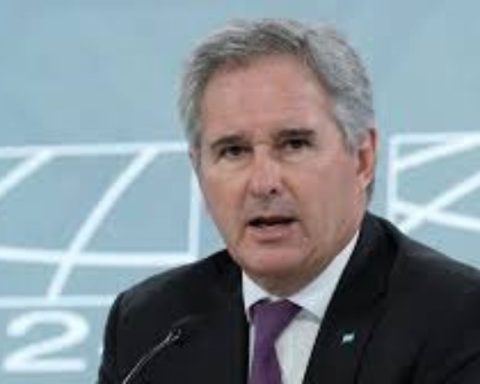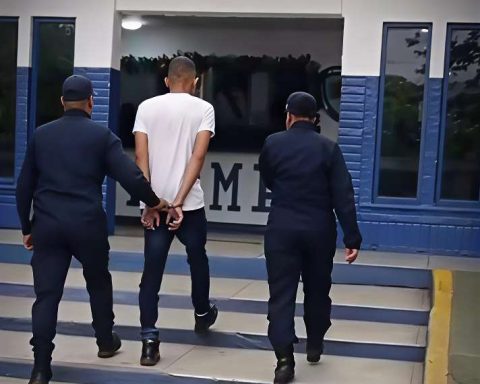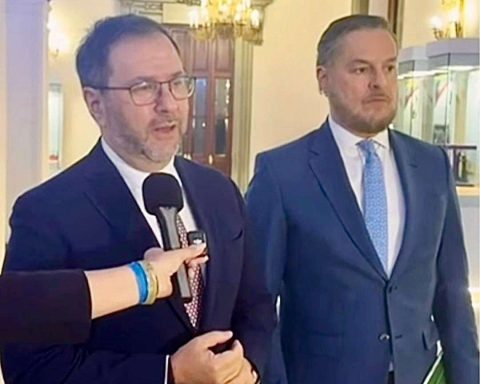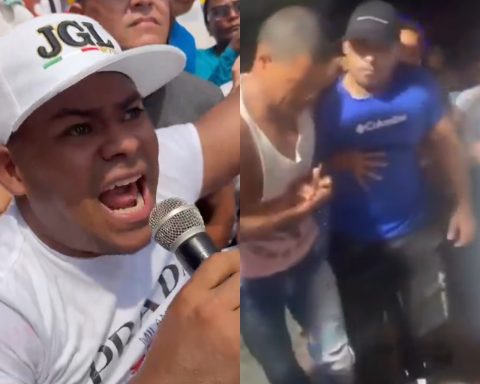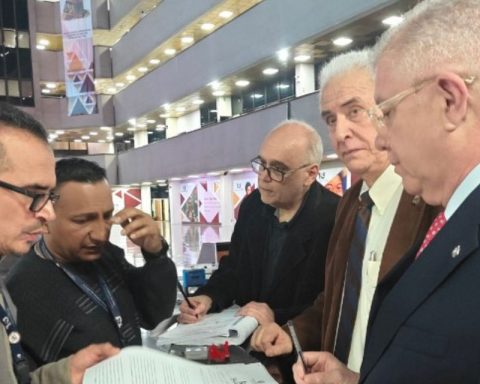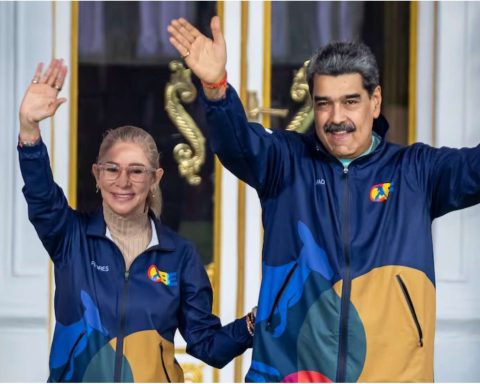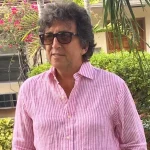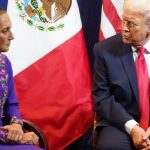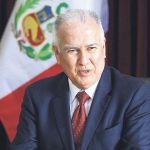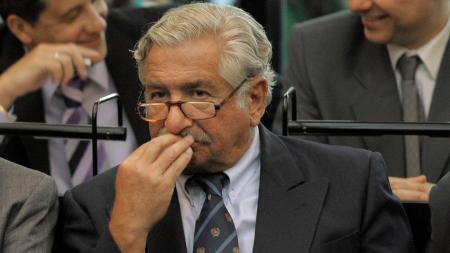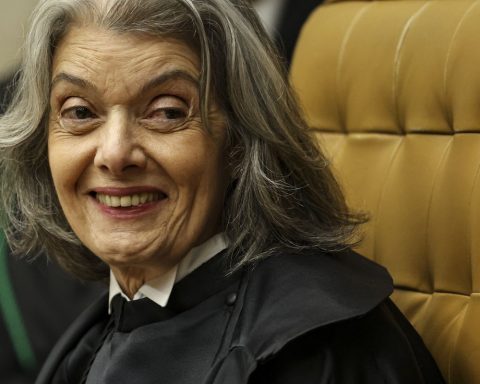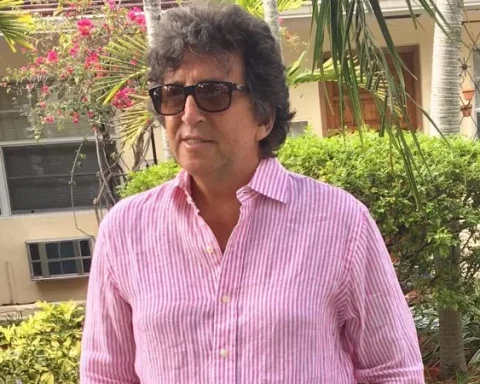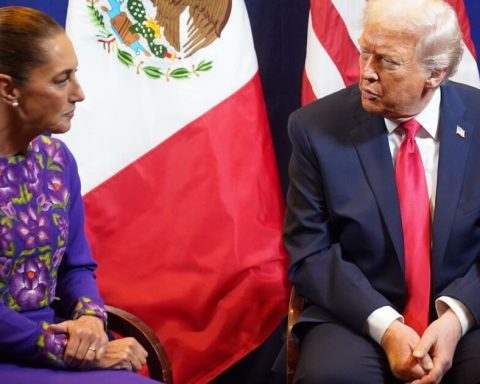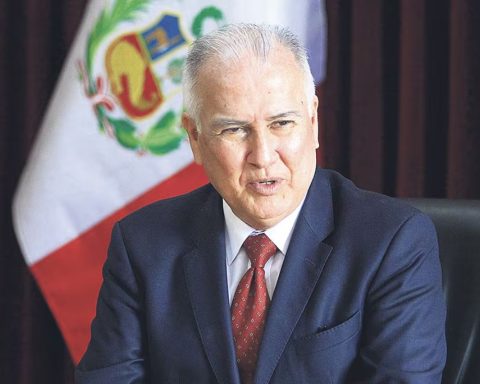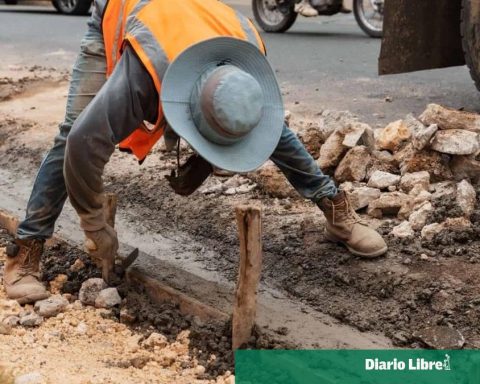Gerardo Blyde, head of the opposition delegation, said that the work of the social agency can take three years to apply. He noted that there were technical teams from both parties to study and prioritize the areas of importance so that the UN can disburse the resources, which will be delivered progressively.
The head of the opposition delegation in the dialogue that is taking place in Mexico, Gerardo Blyde, assured this Monday, November 28 that, although the UN will administer the 3,000 million dollars from frozen funds from Venezuela abroad, the agencies of that multilateral organization must make bids and present all the documents, so that transparency can be guaranteed in the process and possible audits if necessary.
In an interview granted to Circuit Hits, Blyde reiterated that this is just the beginning of the negotiations with the ruling party to find solutions to the crisis in Venezuela and denied that the country has some 38 billion dollars, as some economists affirm, in frozen funds, nor in international reserves. He recalled that a trust fund will be created that will be controlled by the UN, which will be fed progressively with the resources.
He detailed the “meticulous” work of both delegations to create a programmatic framework agreement, which is annexed to the one signed over the weekend. This is due to a work carried out between the two parties with specialists to determine the priority areas in which to invest; which hospitals will be considered essential or the stabilization of the National Electric System.
*Read also: Gerardo Blyde will go for the Unitary Platform to the Forum for Peace in Paris
Regarding the latter, he clarified that he does not want to make false expectations in this regard because he stressed that resources are finite and that new large investments cannot be generated. Therefore, what is going to be sought is the stabilization of the SEN to avoid more blackouts in various areas of the country that have suffered from power outages and fluctuations in service.
“This is progressive and it has been running for about three years and the other additional thing is that it is going to be carried out with the transparency that indicates that the UN and the agencies have to carry out public bidding and contracting procedures, which are published and auditable. so that everyone has access to that data and there is no obscure figure and it is not contracted by hand”, he emphasized.
Gerardo Blyde stated that an act of creation of this trust fund must now be signed, where Venezuela will be its only beneficiary, with the UN and stressed that this is, perhaps, the most important that this multilateral organization has managed due to the amount of resources that has at hand and which in turn is money belonging to a country and not from donations.
He said that once the fund is created, the public bidding process for the rehabilitation of hospitals and other programs to improve the quality of life of Venezuelans will come. In that sense. He added that they will be able to see things happen faster than others, such as the increase to one million more Venezuelans who are benefited by the World Food Program (WFP), which will probably be seen by the end of January 2023.
*Read also: Padrino López: FAN applauds the dialogue efforts to achieve peace
Blyde also indicated that, after a difficult year, full of meetings in search of reactivating the negotiating table in Mexico, a return to dialogue finally materialized and the signed social agreement is only the “tip of the iceberg” and that now it is going to delve into other issues such as human rights and political prisoners.
He called for understanding that without active negotiation there is no effective tool to advocate for the release of political prisoners and the cessation of persecution; or to achieve “sufficient” electoral conditions so that the vote of Venezuelans inside and outside Venezuela is respected in the face of the 2024 elections.
He clarified that there is the possibility of reaching political, institutional, electoral and guarantee agreements, while he stressed that, although there are other alternative tools to dialogue, he does not agree with ways that deviate from democracy and warned that it should also be sought guarantee the stability of a possible new government, which is achieved through negotiation.
He revealed that the United States, the European Union and several countries of that regional entity and even left-wing Latin American governments have worked and promoted a return to dialogue.
Post Views: Four. Five

